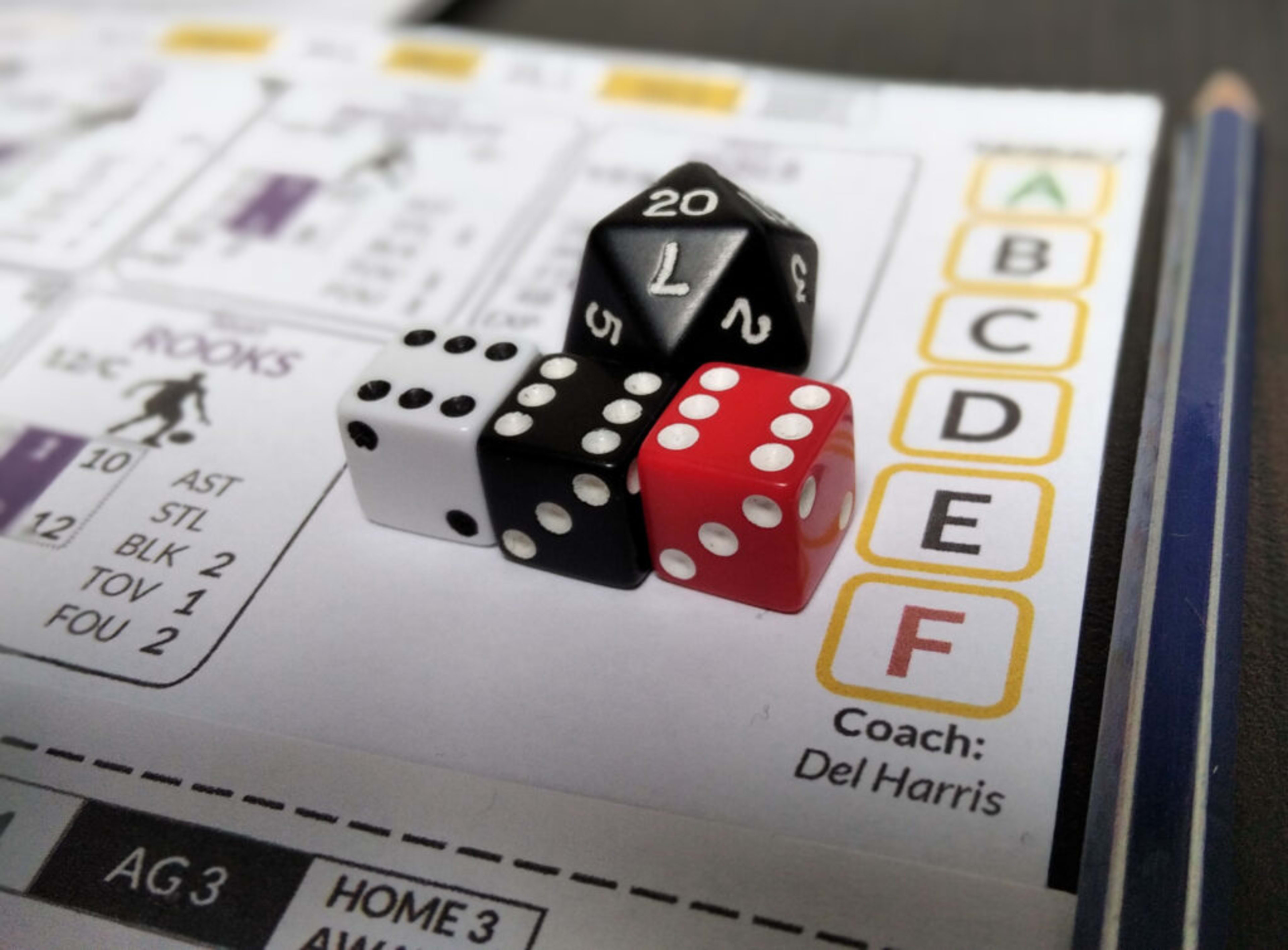Provably Fair Dice: How Randomness Is Verified

When it comes to crypto-native instant games, dice games really stand out as one of the most transparent and trustworthy options out there. This is largely down to the clever use of provably fair technology. In simple terms, this system lets you, the player, check for yourself that every dice roll is genuinely random and hasn't been fiddled with, giving you solid peace of mind.
What's the Deal with Client and Server Seeds?
The magic behind provably fair tech lies in two main parts: the client seed and the server seed. Before a dice game kicks off, the server creates a secret seed—a bit like a hidden code—that only it knows. It then shares a hashed version of this seed with you. At the same time, your own device (the client) generates its own seed. These two seeds are then combined to decide the outcome of your dice roll.
This clever system means neither the casino nor you can unfairly influence the result on your own. Because the server commits to its hashed seed before the game starts, it can't go back and change the outcome later. Meanwhile, your client seed adds that crucial element of randomness that the server can't predict in advance.
How SHA-256 Hashing and Verification Works
The server seed's hash is created using the SHA-256 cryptographic algorithm. Think of this as a highly secure, one-way function that churns out a unique string of a fixed length. The casino shares this hash with you before you start playing, which serves as proof that the original server seed wasn't tampered with during the round.
After the round concludes, the server reveals the original seed. Players can then use the SHA-256 algorithm to hash the revealed seed themselves and verify that it matches the previously shared hash. If the hashes match, it proves the seed was not tampered with, confirming the fairness of the roll.
This process of pre-committing to a hashed seed and revealing it afterward is fundamental to the provably fair mechanism, creating transparency and trust between the game operator and the player.
Ensuring Randomness Through Combined Seeds
Once the client and server seeds are combined, the game uses a deterministic algorithm to produce a random number, which determines the dice roll result. This algorithm ensures that every roll outcome is reproducible given the same seeds, which players can verify independently.
The combined seed method eliminates any possibility of premeditated outcomes, as both the player's and server's inputs are essential. This system prevents cheating by either party and guarantees that the randomness is genuine.
Why Dice Games Are the Benchmark for Transparency
Thanks to the implementation of provably fair protocols, dice games have earned a reputation as the most transparent crypto-native RNG games. Unlike many traditional RNG games where randomness is a black box, dice games allow full verification by players.
This transparency is especially critical in the crypto gambling community, where trust and fairness are paramount. The ability to independently audit every roll fosters a sense of security and enhances player engagement.
Moreover, the simplicity of dice games combined with provably fair technology makes them accessible to both new and experienced players, setting a high standard for other instant games to follow.
The Future of Provably Fair Gaming
As blockchain and cryptographic technologies continue to evolve, the concept of provably fair gaming is expected to become the norm rather than the exception. Dice games lead this movement by demonstrating how transparency and fairness can coexist with exciting and engaging gameplay.
Players can expect more games adopting similar verification methods, raising the overall trustworthiness of online instant games and further cementing the role of provably fair protocols in the future of online gambling.
Beyond Dice: Other Games Using Provably Fair Mechanics
Dice may set the benchmark for fairness, but it's far from the only crypto game using this technology. Titles like Plinko, Crash, Mines, Limbo, Coin Flip, Spin, and Keno also rely on client-server seed combinations to ensure transparent outcomes. Each offers unique gameplay mechanics, but all share the same core principles: instant results, player-verifiable fairness, and adjustable risk. Players who understand provably fair systems in Dice can confidently apply that knowledge across these other formats.
FAQ
What is a provably fair dice game?
A dice game where the outcome of each roll can be independently verified using cryptographic methods. This ensures fairness and transparency for players in the UK.
Can players verify the fairness of every dice roll?
Yes, players can use the disclosed seeds and cryptographic hashes to confirm that rolls are fair and haven't been tampered with. This gives UK players peace of mind.
Is provably fair technology used only in dice games?
No, provably fair algorithms are used across a wide range of crypto-based casino games, including popular card games and online slots available to players in the United Kingdom.
Why is provably fair important for crypto gambling?
It's crucial for building player trust by ensuring transparency and eliminating any concerns about potential game manipulation, which is especially important for UK players exploring crypto casinos.


















